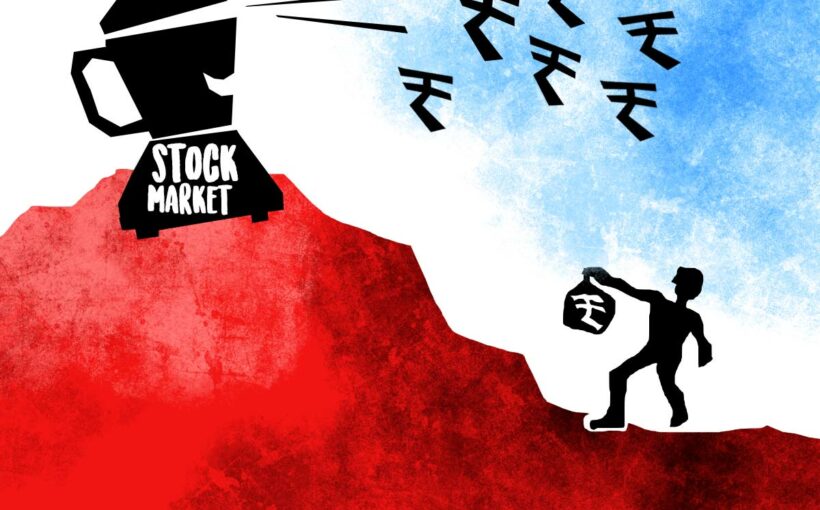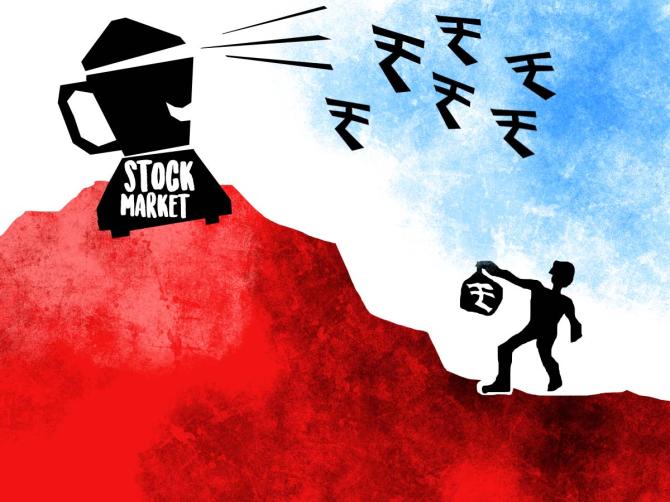Equities are the go-to asset class as far as ultra-long-term returns are concerned.
Over the past 123 years, global equities have provided an annualised real return of 5 per cent in US dollar terms, while bonds have delivered 1.7 per cent and short-term bills just 0.4 per cent, according to Credit Suisse’s Global Investment Returns Yearbook 2023.
In collaboration with the London Business School, Credit Suisse has analysed over 100 years of returns for key asset classes in 35 countries.
“Equities have outperformed bonds, bills, and inflation in all 35 markets.
“Since 1900, world equities outperformed bills by 4.6 per cent per year and bonds by 3.3 per cent per year,” Credit Suisse said in a release.
Interestingly, since 1900, Australia has been the best-performing stock market in real US dollar terms, with an annualised real return of 6.43 per cent, just behind the US, at 6.38 per cent.
In the case of India, Credit Suisse has looked at data since 1953. Between 1953 and 2022, Indian equities have delivered inflation-adjusted annualised returns of 6.6 per cent, while bonds 0.3 per cent.
While the base year for the benchmark S&P BSE Sensex is 1978, the study has looked at annual data for the Reserve Bank of India Ordinary Share Price Index, which is based on portfolios of stocks from different stock exchanges and industries.
Annualised equity and bond returns have improved over the past two decades, to 10.4 per cent and 1.3 per cent, respectively. Between 1973 and 2022, they were 7.4 per cent for equities and 1.3 per cent for bonds, reveals the study.
Inflation was the special focus of the latest yearbook.
“By the end of 2022, average inflation across the yearbook countries was 8 per cent, 19x higher than at the end of 2020,” notes Credit Suisse, adding that whenever inflation shoots past 8 per cent, it takes multiple years for it to revert to the mean.
The study shows that over the past 123 years, inflation has negatively impacted both bonds and equities.
Hence, “equities do not provide a hedge against inflation, notwithstanding claims to the contrary”.
It goes on to say that stocks and bonds are a good hedge for each other as they are mostly negatively correlated.
However, last calendar this correlation was broken.
“The hedge failed in 2022 as equities and bonds both fell due to inflation, sharp increases in real interest rates, and rate-hiking cycles.
“Bonds had their worst year ever in the US, the UK, Switzerland, and across developed markets,” observes Credit Suisse.
The yearbook also highlighted that historically, the returns on stocks and bonds have been much lower during hiking cycles than during easing cycles.
It also documented that during periods of stagflation, real equity and bond returns averaged minus 4.7 per cent and minus 9 per cent, respectively. While, in the case of stable growth, the average real returns were 15.1 per cent for equities and 8.8 per cent for bonds.
Stagflation is a period when economic growth is low and inflation high.
Source: Read Full Article

